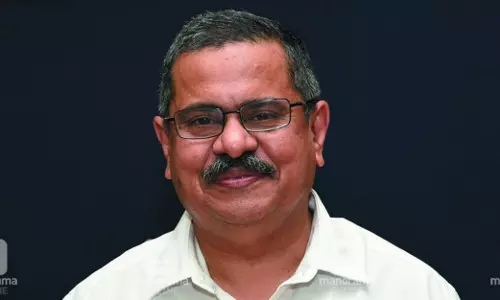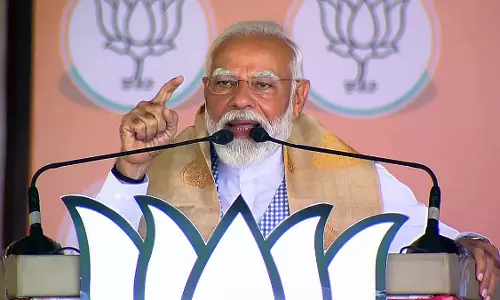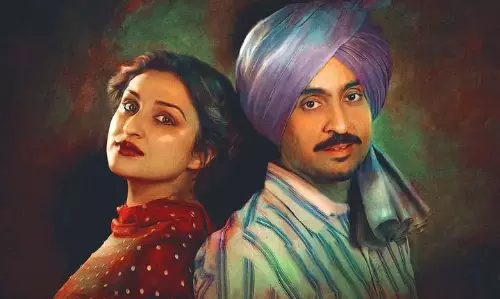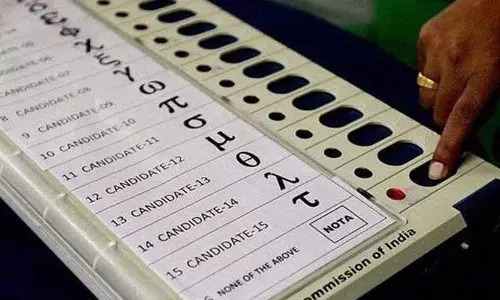
The future of Congress
text_fieldsThe movement called Indian National Congress, formed 133 years ago under the leadership of British civil servant and ornithologist Allan Octavian Hume, is a marvel of Indian history. Quite naturally it is that organization, which had been the engine of the national movement and later of state formation, that ruled the country for the longest period.
That party, with its legacy of a long and deep heritage, however has not yet recovered from the shock of the tragic setback in the recent general election. The resignation of Rahul Gandhi as president only added to the impact of that defeat. Although it has been quite some days since Rahul started talking about his resignation, it was only on Wednesday that he officially conveyed it through his Twitter account. And his detailed note appended to the declaration of resignation is also a fine commentary about the current state of Indian politics.
All that Rahul dealt with in his note about contemporary circumstances are facts, and have been widely debated too. The quintessence of it is that India as a country is deviating from its essential ethos of a pluralistic democratic country to being a different India. That is a serious concern shared by advocates of democracy for quite some time. Rahul has only put it in a very succint manner. Just one statement in it, that elections are going to become mere rituals, will suffice to reflect all such anxieties.
But a natural question will arise: whether in such a critical juncture it is proper for the president of the country's largest opposition party to abdicate his responsibility and flee. It is a logical question whether he should keep away from the scene issuing statements with emotional and theoretical strains, instead of leading the party with renewed vigour and making it capable of overcoming the hostile circumstances. But the replies to these are also to be read in his letter; there are many in the party who have to bear responsibililty for the electoral debacle of 2019, and he is himself the first among them as the Congress president.
His note also says in so many words that for the party's forward march, a sense of responsibility is important. This statement has several planks to it. What he conveys in implication is that just as he resigns owning up responsibility, there are a few others too who have to resign by the same token. One can also read into his words the hints of having had to fight solo on many occasions. That leads one to conclude that he was frustrated by not being able to bring about changes in leadership structure in line with his philosophy. In a way, this resignation can be read as part of an attempt to inject new blood and energy into the party by overhauling it. But, to what extent that will be feasible in a gerontocratic dispensation, is a matter to be seen. Hence some are prompted to view his relinquishment of post as a last desperate attempt to make such an overhaul possible.
In a country like India woven together by its diversity, a movement like the Congress that adopts a centrist line is not only relevant, but even imperative. In the dark times when a right-wing majoritarian narrative eats into every nerve of the national body politic, and the left wing is hardly able to stand erect in terms of ideals or organization, a strong centrist force will only lend some robustness to any democracy.
That is the reason why those who worry about the future of the country's democracy, seriously discuss it when the strongest symbol of the country's centrist policies, i.e. Congress, weakens. But sadly such a serious concern does not sem to bother a large section within the Congress. Hence the pertinence of Rahul's words stressing the party's ideological relevance. Before independence, the Congress leadership was not concentrated in any family. But post-independence, that democratic movement was seen traversing in such a track as could be called Nehru dynasty. Now Rahul is giving a message that he will not be a willing link in a dynasty. It looks like what he wishes for is an entirely new party.
As Rahul indicated in his document, the sangh parivar that is leading the country to diverse dangers is tightening its grip in all the jurisdictions of power in the country. But this does not mean that the entire country is with them. In the latest elections despite its huge wave, the BJP got a vote share of only 37.4 percent, with the NDA as an alliance claiming 45 percent.
In other words, the majority of the country have still not embraced the politics of sangh parivar. What is important is to mobilize that segment of the population and give them political direction. Which requires practical political steps at grassroots level. That is to say, toiling in the soil alone can make changes. The challenge then is whether Congressmen are prepared for such an arduous mission.











